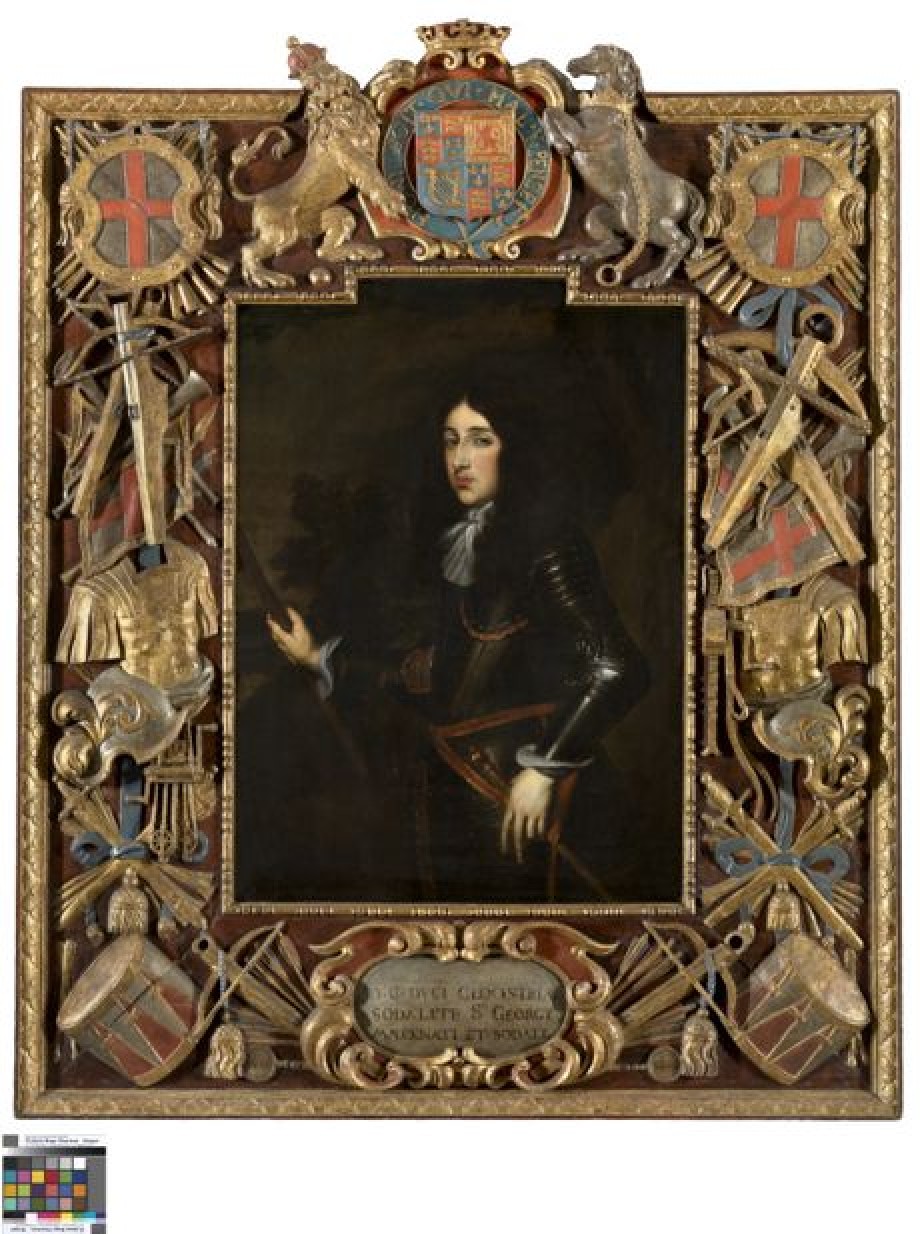
Jan Boeckhorst
More about Jan Boeckhorst
Jan Boeckhorst is a draftsman and painter who immigrates from Germany and who is active in Antwerp. It is assumed that Boeckhorst is a student or an assistant of both Peter Paul Rubens (1577-1640) and Jacob Jordaens (1593-1678). Among other things, Boeckhorst makes paintings with instructions from Rubens, of which then Rubens does last-minute finishes, a normal studio practice. After the death of Rubens, Boeckhorst completes a few unfinished works of the Master. In the beginning of his career, he is a figure painter for still-life specialists such as Frans Snijders (1579-1657) and Jan Wildens (1584/86-1653).
As a portraitist, Boeckhorst is influenced by Anthony van Dyck (1599-1641) and Cornelis de Vos (1584-1651). Central is the virtue of strong family bonds or the Concordia familiae. His models are portrayed spontaneously and lively, which gives the portraits an informal character. Draperies, in imitation of Jordaens, are represented very vividly.
Boeckhorst completes genre pieces that are painted monumentally large, such as for example, Peasants going to the Market (Rubenshuis, Antwerp). After circa 1650, Boeckhorst receives commissions from churches and cloisters outside of Antwerp, from Münster, amongst others. They are for altarpieces with the typical triumphal élan, unique to the Baroque. For individuals and art dealers in Antwerp, the artist makes history pieces and also does work for the Plantin-Moretus printing house. For the latter, he designs pattern boards with mythological stories for tapestries and book illustrations.
Around 1650, under the influence of the Venetian art of painting, a lighter tonality and the usage of a theatrical setting for his figures appears. The late style of the artist is more dramatic by nature than before. Under the influence of van Dyck, his figures exude a greater pathos.
Circa 1604
Jan Boeckhorst is born in either Münster or Rees.
Circa 1626
Boeckhorst leaves Westphalia and travels to Antwerp.
1626-1635
The artist is active in Antwerp during this period. On commission by the merchant Louis De Roomer, he completes 26 works for the Valken cloister. Peasants going to the Market is a genre piece with monumental dimensions (Rubenshuis, Antwerp). The nature tableaux are done by Frans Snijders.
1633-1634
Boeckhorst becomes Free Master in the Saint Luke Guild in Antwerp.
1635
Jan Boeckhorst is one of the artists who collaborate on the decorations of the Glorious Entrance of Cardinal-infant Ferdinand (1609-1641) (Pompa Introitus Ferdinandi) in Antwerp, after designs by Rubens.
1635-1637
Boeckhorst is present in Italy.
1636-1638
Along with other artists, Boeckhorst works on the mythological decorations (after oil sketches by Rubens) of the hunting pavilion Torre de la Prada of Philips IV, in the vicinity of Madrid.
1639
Boeckhorst travels again to Italy and visits Rome.
1639-1644
Boeckhorst paints the Calvary for the Saint Peter's Church in Lo. The altarpiece is strongly inspired by the version by Rubens in the Musée des Augustins in Toulouse.
Circa 1655-1658
In this period, The Adoration of the Kings appears for the Saint Jacob's Church in Bruges.
Circa 1655
For the Saint Michael's Church in Ghent, Boeckhorst paints the monumental canvas, David's remorse.
1659
Boeckhorst paints The Martyrdom of Saint John, intended for the Saint Jacob's Church in Ghent.
21 april 1668
Jan Boeckhorst dies in Antwerp and is buried in the Saint Jacob's Church.
Text: Matthias Depoorter



